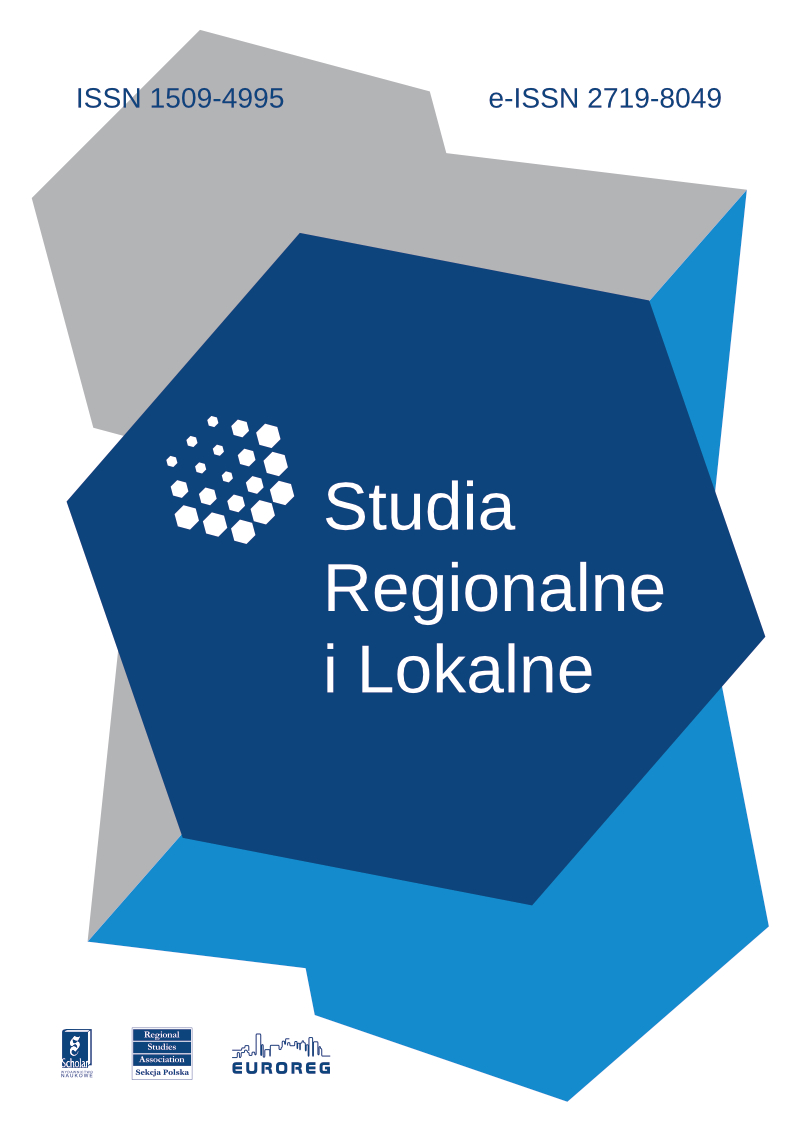Published in
5(Special Issue)/2007 (no guest editor)

- Grzegorz Gorzelak, Adam Płoszaj, Maciej SmętkowskiThe Four Capitals Model in the Evaluation of the Regional Development Strategy - the Example of the Lubuskie Voivodeship[more]
- Maria HalamskaDo Farmers Block the Development of Poland?[more]
- Marek KozakManaging European Regional Policy in Poland in the Initial Period after the Accession[more]
- Maria LewickaRegional Differentiation of Identity: A Comparison of Poland and Ukraine[more]
- Krzysztof RybińskiGlobalisation and monetary policy[more]
- Tomasz ZaryckiAn Interdyscyplinary Model of Centre-Periphery Relations: A Theoretical Proposition[more]


